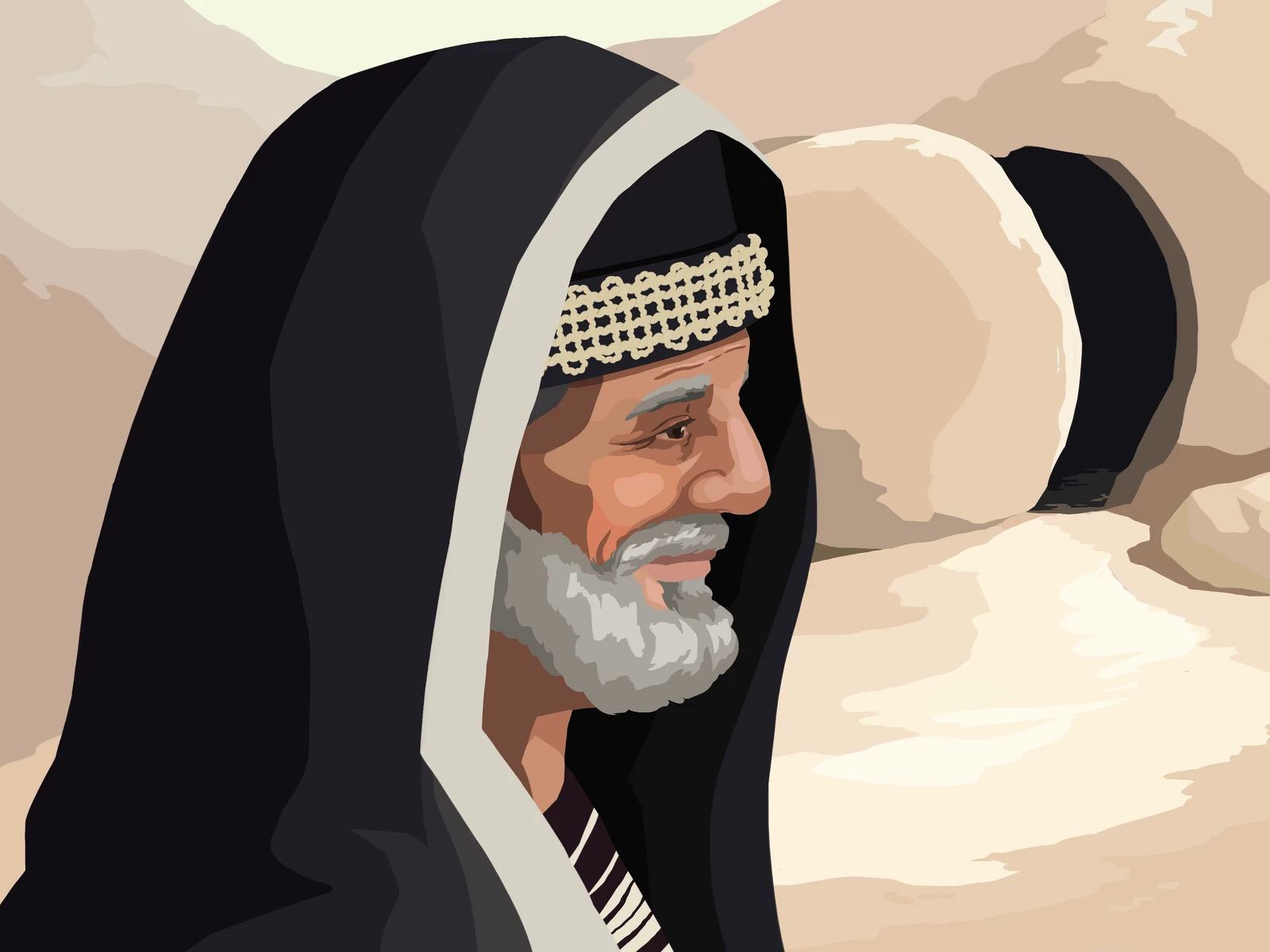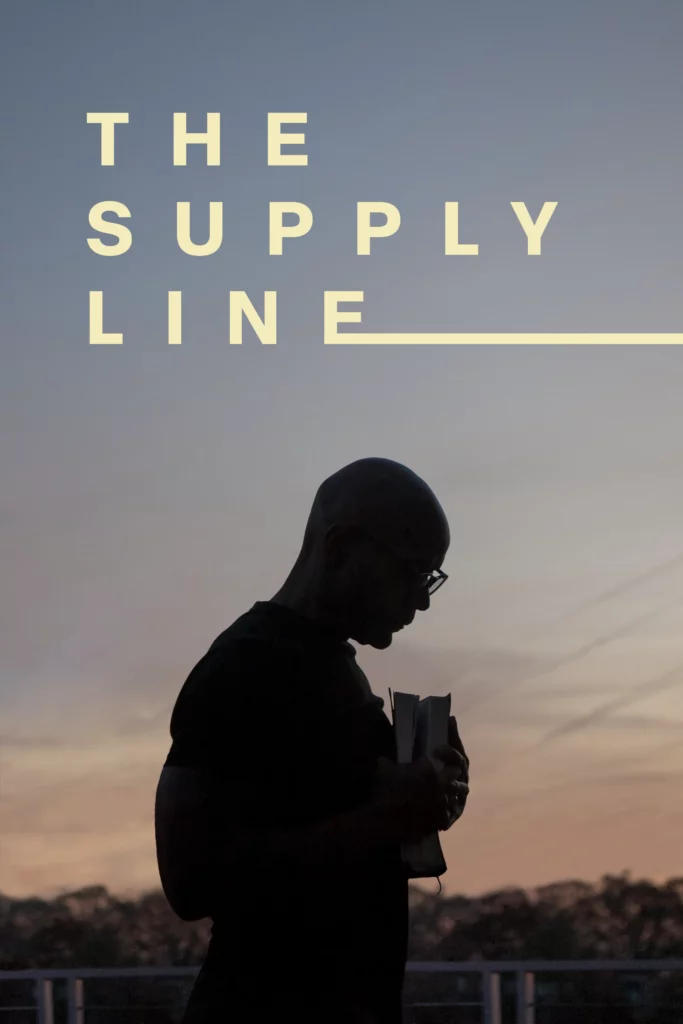It was a brutal sight. Three men crucified outside of Jerusalem. Naked. Bleeding. Hanging. Screaming in pain and gasping for breath.
Everyone from servant girls to politician’s wives knew about it. The crowds that had previously laid their cloaks on the road did not foresee this. The disciples themselves were stunned and scattered.
This day had been unlike any other. Darkness blanketed the sky from noon to three. Then, a rock-splitting earthquake shook everyone. Finally, the curtain of the temple was torn in two from top to bottom.
Most of all, Jesus of Nazareth was dead.
He publicly breathed his last for all to see. His side was pierced. His chest stopped moving. His head hung down. The Light of the World had gone out. The Lamb of God had been slain.
But for one man, this was not a time for retreat or reflection. This was a moment for action. His name was Joseph of Arimathea.
Who was Joseph?
He was rich and respectable, a member of the council, and known in the community. He was the kind of man who could ask for a face-to-face meeting with the Roman Governor and not have to wait a day or even a week to be fit into the calendar. He came from the unknown town of Arimathea and his name was Joseph.
We don’t know when or how Joseph became one of Jesus’ disciples. All four gospel writers simply have him appear at this critical hour.
In Matthew’s gospel, we’re told Joseph was a rich man, “who also was a disciple of Jesus.” (Matthew 27:57) This is rare. Jesus said camels fit through the eyes of needles easier than rich men enter God’s kingdom, but here was a one in a million man.
In Mark, Joseph is described as “looking for the kingdom of God.” (Mark 15:43) He was more than a casual Christian, more than a church attender. Joseph’s faith was active.
Luke recounts Joseph as “a good and righteous man, who had not consented to their decision and action” to condemn Jesus. (Luke 23:50-51) Joseph witnessed Jesus’ trial but did not agree with the verdict. He did not yell, “Crucify” along with the crowd.
John highlights him as a man of action, who “asked Pilate that he might take away the body of Jesus.” (John 19:38) Joseph was not following the crowd but was bold and risk-taking to keep God’s Old Testament law that stated if a man is put to death by being hung on a tree, “you shall bury him the same day.” (Deuteronomy 21:22-23)
Unlike Peter, James, and John who left their professions, Joseph stayed in his position of influence. But it was not easy. Many he knew hated Jesus and were actively looking for ways to kill him. For a while, Joseph kept his faith private. Scripture says he “was a disciple of Jesus, but secretly for fear of the Jews.” (John 19:38) The fear of man stole his courage but seeing Jesus die woke something up in him. The cross changed him. He was now ready to use his prominent position as a platform for playing his unique part in the most important week of history.
Standing Before Pilate
It was a dangerous play. What if his loyalty to Jesus was exposed to his peers who had just put Jesus to death? Would he be implicated for treason as well? These fears held Joseph back previously, but not anymore. Joseph seized the moment and sought a meeting with the Roman Governor, Pontius Pilate, where he made the biggest ask of his life. I like to imagine their conversation went something like this:
Joseph: Hello, Pilate. I understand you’ve had a lot going on lately and I hear your wife hasn’t been sleeping all that well.
Pilate: Yes, that’s true. But are you here for small talk, Joseph? Hurry up, the sun is going down and I’m tired.
Joseph: Well, I’m here to ask you for the body of Jesus of Nazareth.
Pilate: What?! He’s dead already? Guards, get me a centurion.
Joseph: [awkwardly waiting in silence while Pilate confirms Jesus’ death]
Pilate: Joseph, it’s true. The King of the Jews is dead. You may have his body. At least then I’ll be done with this Nazarene.
Joseph left Pilate and “bought a linen shroud.” (Mark 15:46) He then returned to the cross of Christ. By now the crowds must have left. Where it was once loud with mockings and groanings was now strangely quiet. There, Joseph stood, looking at his Lord’s lifeless body. He removed the nails that pinned Jesus to the cross and felt the weight of Jesus’ crumpled body come down.
Nicodemus showed up to help, “bringing a mixture of myrrh and aloes, about seventy-five pounds in weight.” (John 19:39) This was no ordinary burial, but one fit for a king. The two of them washed Jesus’ body, observing every wound: the holes in his hands and feet, his pierced side, his thorn-pressed skull, and his mangled back. It was a messy job. Blood was everywhere. Perhaps, they picked splinters out of Jesus’ back and thorns out of his head before wrapping Jesus’ body in white linen and fragrant spices. Jesus was being prepared for burial.
He Gave His Own Tomb
Nearby, Joseph owned a tomb, “which he had cut in the rock.” (Matthew 27:60) It was “a new tomb in which no one had yet been laid.” (John 19:41) The two men carried Jesus’ body into it, laid it down, and then left, rolling a great stone against the entrance of the tomb to guard it.
Joseph then disappears off the pages of history, never to be heard from again. His name is not mentioned in the book of Acts. We don’t read of him going on missionary journeys with Paul. I wonder if he even knew he was fulfilling Isaiah’s prophecy about Jesus’ burial.
“And they made his grave with the wicked and with a rich man in his death …” (Isaiah 53:9)
I also wonder what Joseph thought on Easter morning when his tomb was empty. I’ll ask him one day, but for now, Joseph’s legacy is that he gave to Jesus, even in death, and set the stage for Easter Sunday. Joseph of Arimathea became the man God used between the crucifixion and resurrection. May we follow his example of righteousness, courage, and faith-filled generosity to be the men and women God will use between the resurrection and Jesus’ return!
© 2024 John Rinehart



